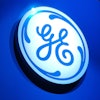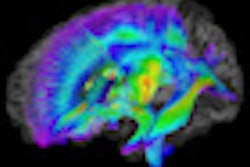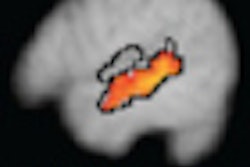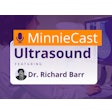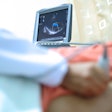Low-birth-weight newborns who have enlarged ventricles on cranial ultrasound images acquired just after birth are seven times more likely to be diagnosed with autism later in life, according to research published online in the Journal of Pediatrics.
A team led by Dr. Tammy Movsas of Michigan State University analyzed data from a cohort of 1,105 low-birth-weight infants born in the mid-1980s. All babies had cranial ultrasound just after birth, allowing the researchers to discover relationships between brain abnormalities in infancy and health disorders that showed up later in life (J Pediatr, February 13, 2013).
The participants were screened for autism at 16 years of age, and a subset of patients had a more rigorous test at 21, which produced 14 positive diagnoses.
Ventricular enlargement is found more often in premature babies and may indicate a loss of white-matter brain tissue, according to the researchers.
